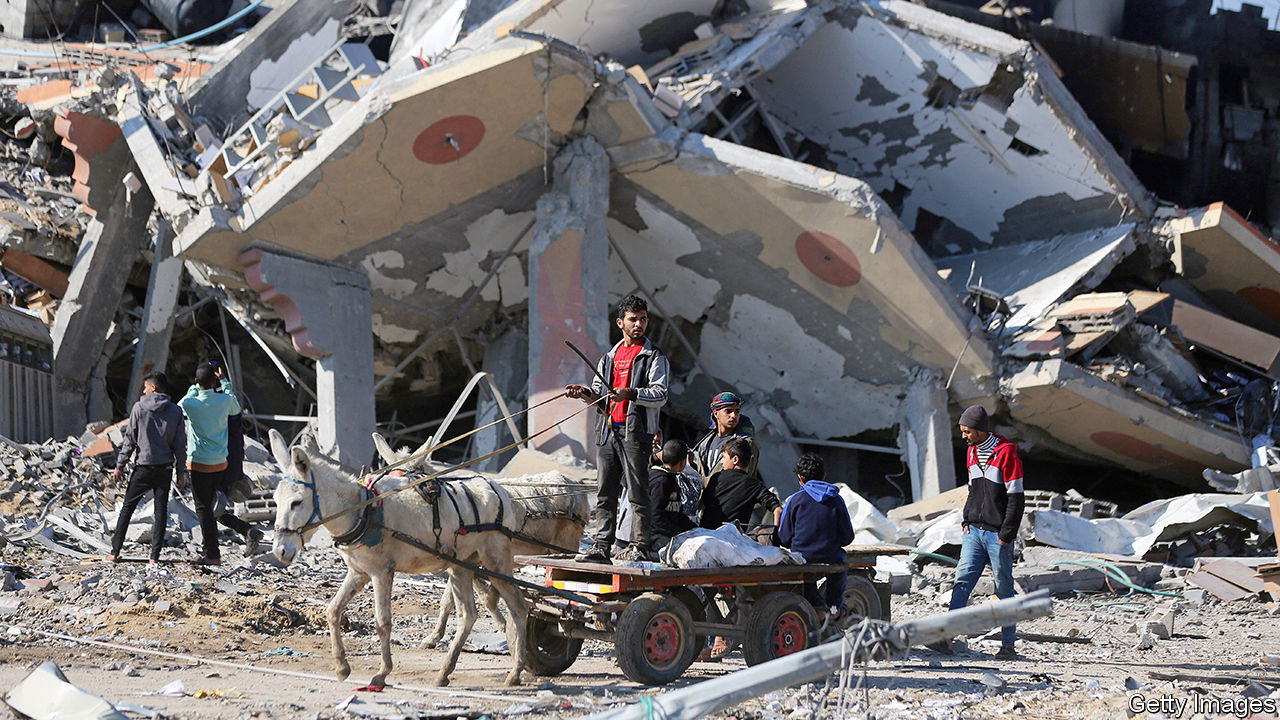The International Court of Justice (ICJ) has begun hearing arguments from South Africa that Israel is committing genocide in Gaza. This trial is one of the highest drama cases the ICJ has heard since its creation in 1946. South Africa has asked the court for “provisional measures”, one of which is to order Israel to stop fighting in Gaza. The burden of proof for an injunction is low, and judges must now decide whether to demand that Israel end its war against the Palestinians. However, while South Africa’s case is a political success, it is risky as it may make the debate about the label of genocide rather than the actions themselves.
To prove intent, South Africa cited Israeli ministers, lawmakers, army officers, and soldiers who made statements that could incite genocide. However, Israel argued that these were “random quotes that are not in conformity with government policy”. It would be hard to prove that their incitement amounts to state intent. Another issue is proving that Israel has killed Palestinians because of their nationality. South Africa claims that Israel’s use of large bombs in densely populated areas is evidence of genocide, but it is not a genocidal act unless South Africa can prove that Israel dropped those bombs specifically to kill lots of Palestinians. Thus far, it has failed to do so.
Even if Israel is absolved of genocide, it should still be scrutinized for other possible violations. Questions of law that deserve scrutiny include the destruction of Gaza’s medical facilities and the appalling humanitarian conditions in Gaza. The International Criminal Court (ICC) would be responsible for investigating these cases, but investigations will be sluggish. In the meantime, the ICJ must decide whether to impose any of the provisional measures requested by South Africa. However, even if it issues an order, it would have no means to enforce its judgments, and Israel has made clear that it will ignore any such order. A ruling against Israel could have far-reaching consequences, making the politics of supporting Israel’s war more complicated for its allies and potentially having legal implications.
In conclusion, South Africa’s case against Israel for committing genocide in Gaza is a political success but a risky legal strategy. Proving intent and specific targeting of Palestinians will be challenging. Even if Israel is absolved of genocide, it should still be scrutinized for other possible violations. The ICJ’s ability to enforce any judgments is limited, and Israel has made clear that it will ignore any orders. A ruling against Israel could have political and legal implications for its allies, but the outcome remains uncertain.
Images and subject matter derived from 3rd party sources including www.economist.com.









